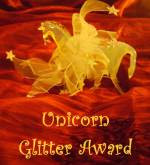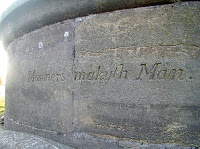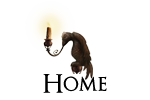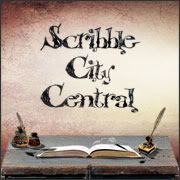
There's a sequel by someone else to one of your favourite children's books. It's sitting there on the shelf, calling to you with a siren whisper. "Now you can find out WHAT HAPPENED NEXT. C'mon, you KNOW you want to." But do you? Do you really? Just published is Hilary McKay's answer to Frances Hodgson Burnett's 'A Little Princess', called 'Wishing For Tomorrow'. I've ordered it, but deep in my heart I know I probably shouldn't have done. Sara Crewe's story was one of the great loves of my childhood, its riches to rags to riches story somehow deeply satisfying to my soul. It was, I felt, what a really good story should be. It has sat in my head, complete and entire since I first read it. I may. fleetingly, have wondered how Sara Crewe's life evolved after her rescue by the Indian Gentleman, but hey, my imagination could provide the details of that. So why do I want to read a book by someone else, written 104 years after the publication of the original? Because I am like the Elephant's Child--full of "'satiable curtiosity". And because now that I know it's out there, I can't resist it. If I'm horrified and disappointed, it will be my own fault, after all. I have not read any reviews (deliberately), since I'd like to make my own mind up without any prejudice.
Also coming this autumn is Eoin Colfer's sequel to Douglas Adams' 'Hitchhiker's Guide To the Galaxy' series, entitled 'And Another Thing'. I am the lucky possessor of a Limited Edition Proof (42 of 238) of the first half of the book. It arrived (naturally) by the Vogon Postal Service (Punishment for mail tampering: Disintegration) and has a helpful and friendly rainbow-hued DON'T PANIC! on the front cover. I yield to no one in my admiration of Eoin as a writer of children's books (have loved Artemis Fowl since his first appearance), but I did approach this offering with trepidation. 'Hitchhiker's', its insane landscape, and quotes from it have been part of my life since the first radio-broadcasts. I have lost count of the times I have muttered 'Brain the size of a planet, and all I am asked to do is....". I am delighted to report that Eoin (once again) does not disappoint. He has captured Adams's voice and madness perfectly (at least in this first half), and I look forward to reading the whole thing on 12th October.
So have I ever been disappointed? Yes. Most certainly. Many times. To pick out a couple at random: I've hated every sequel to Pride and Prejudice I've ever read--even Emma Tennant couldn't make me love her version of 'Pemberley'. I couldn't love Geraldine McCaughrean's 'Peter Pan in Scarlet' either--though it was a well-written book. There are very often extremely good reasons why an author doesn't write a sequel to a much loved work. Robin McKinley (one of my very favourite fantasy authors) is always being pestered (and I do use the word advisedly) for sequels to her Damar books and others. She says that while it is always theoretically possible that one will arrive from what she calls 'The Story Council', she has to write what she is given--it's not something that a writer can force. I know that were I ever to be in the same position, by the unpteenth complaining and plaintive request I would positively not WANT to write another word on the subject. However, if in 104 years someone wants to write a sequel to something of mine, then I say good luck to them. But I'm quite glad I won't be around to read it.



















